With a Douglas Noble comic what goes unsaid – or equally what is left to our imaginations – is often as important as what is articulated on the page. Noble’s work has a quietly unsettling appeal; brooding undercurrents always rippling just below the surface of his stories. Class of 1922 epitomises that disquieting quality in an account of events surrounding the titular class’s graduating photo. A moment of supposed hope and celebration of potential unfolds into something altogether different; a creeping nihilism that echoes backwards and forwards in time.
Notions of comics’ relationship with time and between-the-panels comprehension are re-appropriated by Noble here as static imagery is used to bring the sequential to life in a distinctively different piece of comics composition. With the spectre of the First World War just behind them, the graduating students pose for their group photo on the roof of the faculty building. Each page portrays an individual class member on that fateful day in 1922 placed against the backdrop of the now abandoned block in contemporary times. Presenting each character’s thoughts on the day Class of 1922 slowly builds up a picture of an impending but unexpected tragedy that is contrasted with each of the cast’s own eventual demises years and even decades later.
By leaving this dramatic misfortune largely to our imaginations and framing it in the context of frozen moments and personal reflection, Noble ensures an intense and intimate interactivity between reader and page. Class of 1922 is a bleak comics short that has an unassuming brutality to it; a stark and uncompromising reminder that ultimately we will all be consumed by time’s cruel whims. Flirting with the futility of life and the darkest existential slapstick, this is prime Douglas Noble at his disconcerting best.
For more on the work of Douglas Noble visit his site here and his online store here. You can follow him on Twitter here and Instagram here.
For regular updates on all things small press follow Andy Oliver on Twitter here.
Review by Andy Oliver





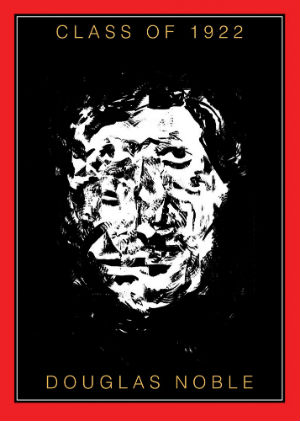
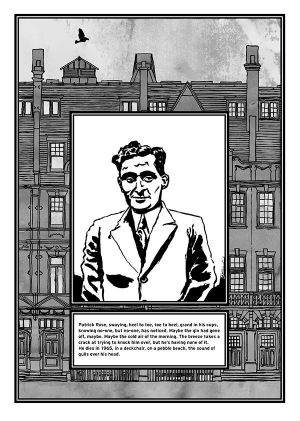
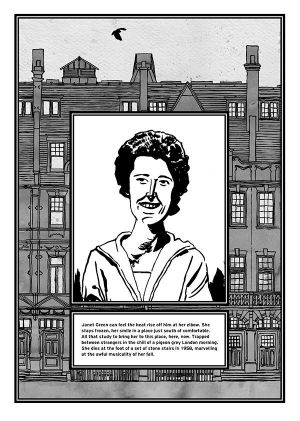
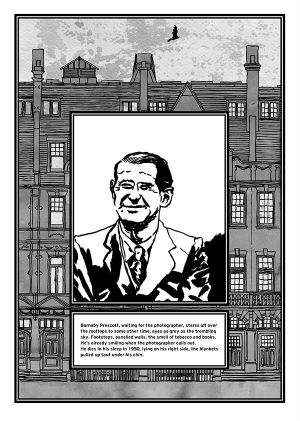
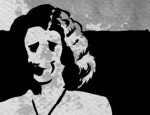


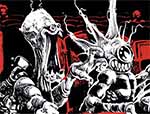
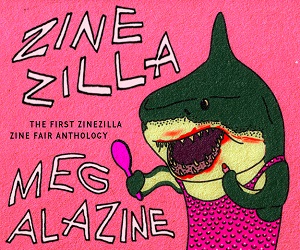





[…] this is prime Douglas Noble at his disconcerting best […]